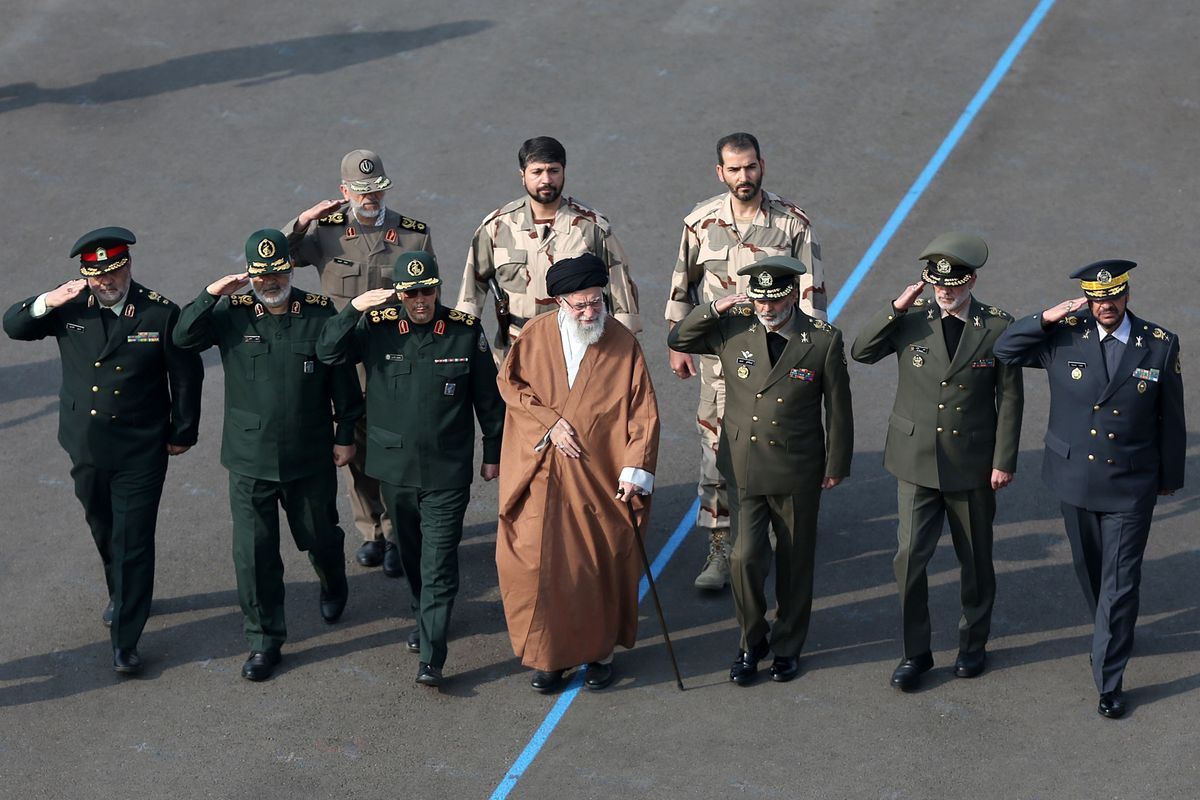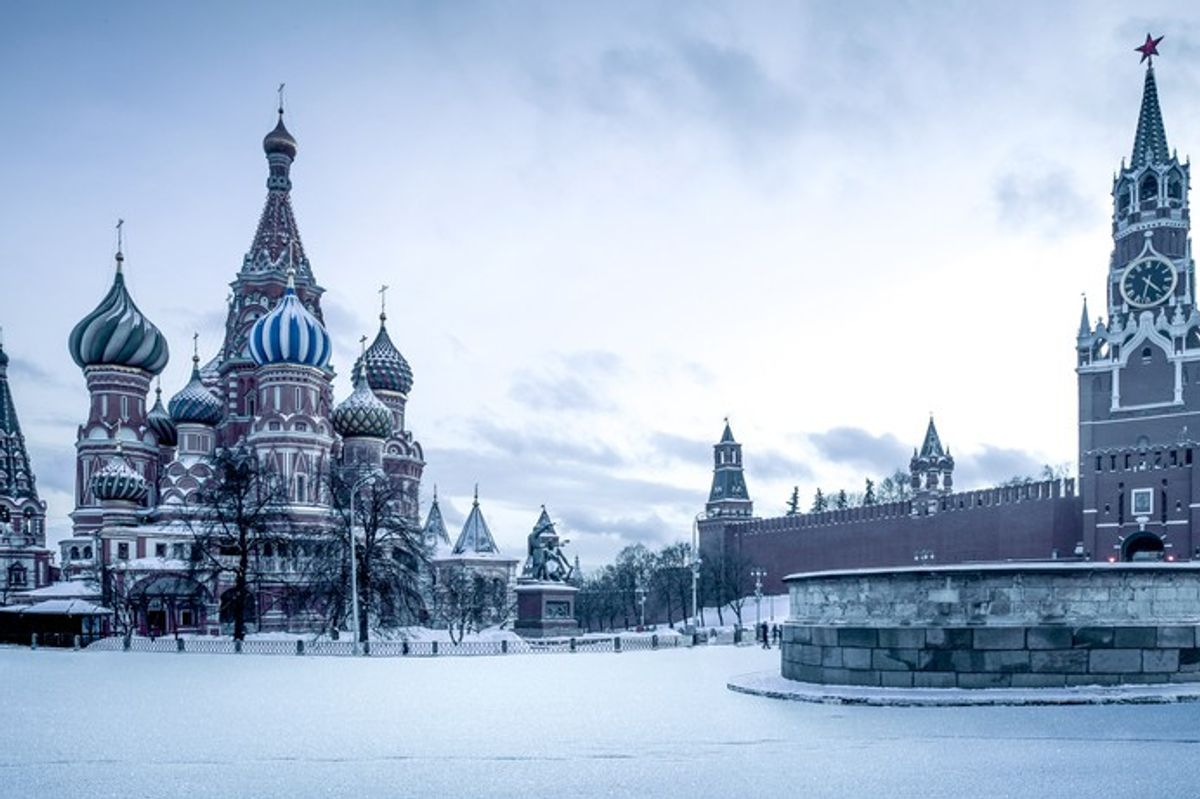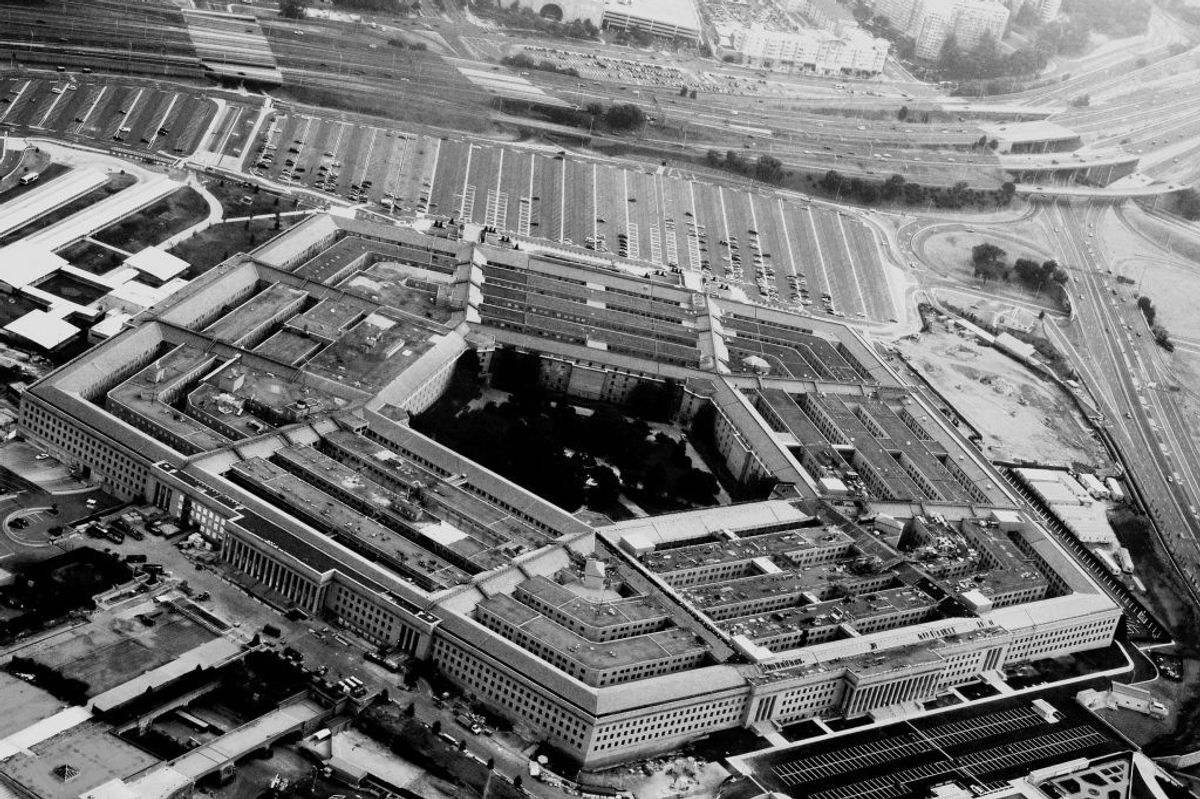The United States has long sought to export its system of liberal democracy abroad. In places where military juntas and dictators have risen – and U.S. national interest aligns – American intelligence, particularly the CIA, has sought to effect regime change through covert measures to include information campaigns and direct action. The Cipher Brief’s Levi Maxey spoke with Rob Richer, the former Associate Deputy Direct of Operations at the CIA, about how the U.S. might subtly, or not so subtly, go about removing unfriendly regimes abroad, and the challenges of guiding what comes after.
The Cipher Brief: What are the criteria for determining that regime change is necessary at the policy level?
Rob Richer: That depends on which administration is in play. For past administrations, it is the lack of a democratic process, where there are large portions of the population who want a different way ahead, but are being held down, imprisoned, and punished for expressing their views. If you go back to the days of communism, we supported a number of countries trying to break the yoke of communism.
But in some cases, it could be personal or a political agenda. Some will say that the second Iraq war a response by President George W. Bush to the Iraqis trying to kill his father while he was visiting Kuwait after the first Desert Storm. So it all depends on the administration. Generally, what needs to be present is at least a measurable internal population calling for change.
TCB: What are the differences between overt regime change using military intervention and covert regime change using subtle influence operations and supporting various local groups?
Richer: The greatest difference is going to be the resources committed and the timeline it requires. Covert influence generally has a long timeline. To change a population’s views, bolster a political party, put disinformation or more positive information out takes time – you have to build your base in a country. We have been talking about regime change in Iran and trying to bolster an opposition in that country since the fall of the Shah with no success. In fact, the population is more and more behind their leadership.
Military intervention, on the other hand, is used as soon as the troops are in place, the targets and intent are identified. Obviously putting 100,000 troops into a foreign country to conduct a war is prohibitively expensive and you really need to have a common cause through a coalition. Covert action can generally be done as a singleton – by the country owning the covert action – with the understanding that the money is not going to be as great, given that you have to hide it as a covert action program with the budget where it is not something subject to review. The amount of money needed for covert action is much less for the most part than military intervention.
TCB: What kinds of covert operations precede the actual moment of regime change?
Richer: It all depends on the intent of why you are trying to change a regime. So if you are trying to change a regime because it is a military dictatorship, you may be trying to work with more liberal-minded people who don’t see military rule as the way ahead, but who will still need the military. Therefore, we work with military people who understand democratic values and don’t want to rule a country. Generally those are the younger officers who have been influenced by foreign education and news, but have yet to be bought into the country’s political system. It is almost impossible to sway a general to effect regime change unless he is the guy who is going to be in the new regime. But then all you have done is passed the problem on for the most part.
The first thing you have to determine is whether you can do it. The second is whether it is in your national interest. The administration is the one that directs covert action – not the intelligence community. The administration makes the decision on the recommendation of the intelligence community on whether a covert action process is going to be successful and whether it will benefit U.S. policy and interests. What are the intents, how are we going to measure it, and will it be successful?
If you are trying to effect regime change in a country where you don’t want to use military force, you have to identify the population that will support it. Do they have the ability to govern along the lines that we would like them to govern? Do they have the capability to effect change? What do they need to make change? How long of a process is it going to be? Are we worried about being discovered, and if we are discovered, how does that effect U.S. interests? How does it affect the people that get caught? They could be executed for working with a foreign government. How are we going to do it – what are the tools?
Today’s tools are much different than the tools of just 10-15 year ago. We no longer really need to use print media – we have social media. Almost any country in the world we can be accessed through the web, at least in terms of showing counter information, disinformation, misinformation, or just real information. The ability is there, except for very few countries that can control their internets.
So first, you get the information out. Two, how are you going to galvanize change? Can you identify someone who might want to replace a strong figure who is leading a country in a way we don’t want? Certainly, but we have to replace that strong figure with another strong figure who may lead the country the other way as well.
Unlike during the 50s, 60s, and even 70s – where we were looking at countries based on the individuals in leadership – now we have to look at movements, popular dissent, and popular interests. So a lot of work goes into presenting a recommendation for covert action and deciding if and how it is going to be implemented.
TCB: In the past, the U.S. has pushed to change countries to mirror its own system – a strong president in a federalist system. Has this changed at all?
Richer: If you look at what the U.S. government interests in changing leaders in Syria, Iraq, and Libya, there was support for a popular uprising and popular movements with really no say or guiding hand in what came after. Iraq is a great example. For a while, the U.S. Department of Defense tried to put Ahmed Chalabi in charge of Iraq, who had no popular following in the country because he lived outside of it for twenty years. That didn’t go anywhere and then he end up becoming a tool of the Iranians. If you look at Libya, there was coalition support for regime change when Qaddafi started having holes in his government. But if you look where they are at today, Libya is a mess.
Look at other country’s failed covert action or overt change of regime initiatives, particularly Saudi Arabia in Yemen. Yemen is a fractured and unlawful country, a safe haven for al Qaeda and some elements of ISIS, as well as a threat to its neighbors. But, again, moving against a population or a government without a plan ahead such as actually identifying who the successors are and how to empower them.
Unfortunately, many times covert action toward regime change has been defined historically as change for change’s sake. That is a problem.
Going back to the rest of your question about how we model it, you’re right. For the most part, we thought that democracy was the way ahead and every country should look like us. That doesn’t work in these countries. Most people there identify with a strong tribal or influence network.
The bottom line is that the current administration is not in fact going for overt regime change anywhere. Their intent rather is to change leadership to possibly make a better friend to the region and to us. I don’t see any intent to make it look like us.
TCB: What are the metrics for success in regime change? How do we need to think about this differently so that we do not continue failing at the day after question?
Richer: Generally the day regime change happens is the day that covert action should go away. Then you need a full scope plan, which means that all the entities of U.S. government foreign policy – State, Treasury, coalition partners, the United Nations rebuilding capabilities – are now in play. Now part of the problem with covert action is that it is covert. So bringing those people into play takes time. Almost in every case that I was involved in, we never really had an addendum that if we succeed, here is how it would look; here is what we would do.
In Iraq, we are now 12-13 years after the successful collapse of the Iraqi regime and we don’t know what we have there. We have a country that is being run by the Shia; the Kurds are voting for autonomy; and we have Iran’s influence in the central government. We didn’t have a day after plan and the Iranians did – they weren’t even part of the original influence activity. Iran quickly set up hospitals and schools in the south of Iraq and it took the U.S. two years to even get a schoolbook printed that we approved of in the Sunni section of Iraq. So again, we might succeed at regime change, but we almost always fail after the fact.
The other thing is that the people who willingly participate with us in covert regime change also understand that it could happen to them too. If they are not working the way we want then maybe we are going to remove them as well.
TCB: Because these new leaders came in after U.S. efforts toward regime change, do they clampdown harder on dissent knowing that regime change could also happen to them?
Richer: If you look at Libya, Iraq, and Yemen, we tend to identify people who look like us to lead the overt political opposition. For example, in Iraq we brought in people who lived outside of Iraq almost all of their life – they were based in Europe or the United States. When they go home, they have no constituency. So for them to be effective in consolidating power, they have to corrupt, buy, imprison, or somehow influence others. That is why we have failed with any type of leadership removal for many years. In Iraq, we didn’t have any buy-in. Almost universally, a critical failing of these types of programs of regime change has been identifying the right successors, and ensuring that they had at least some buy-in that would allow them to get a foothold and some popular support moving forward. Almost without exception, maybe due to the nature of covert activities, we have failed in that.













